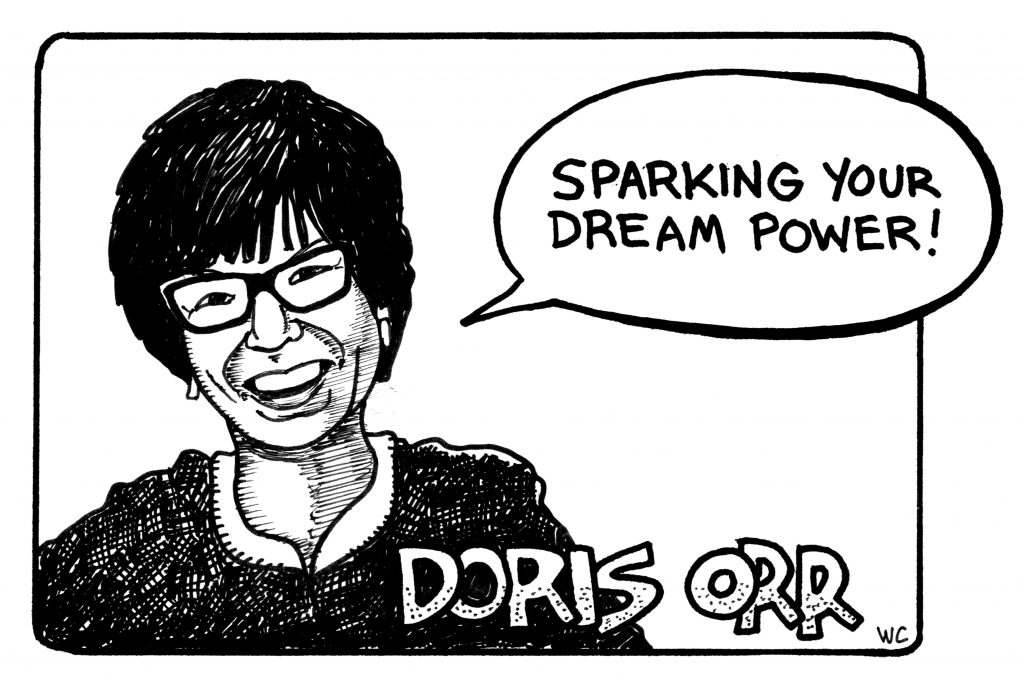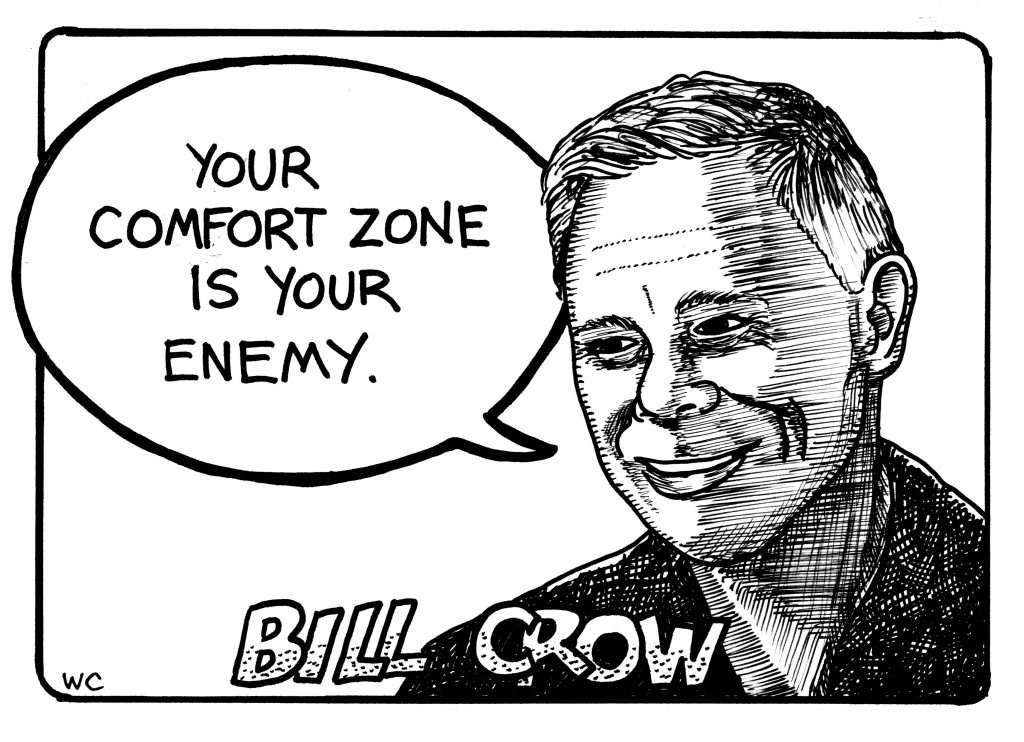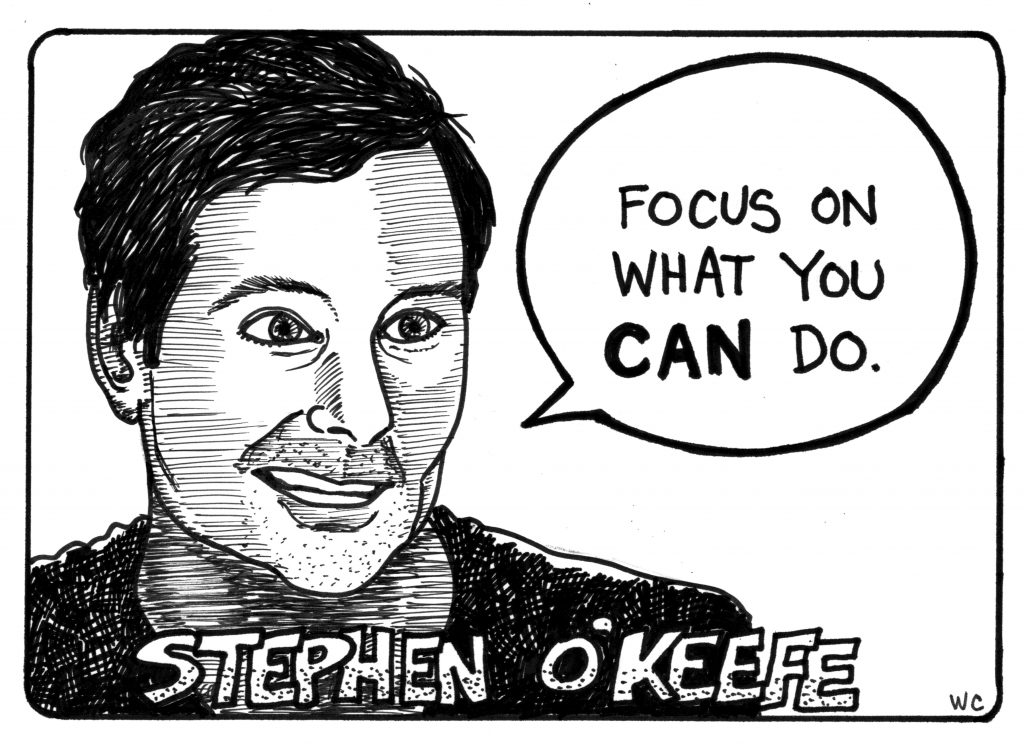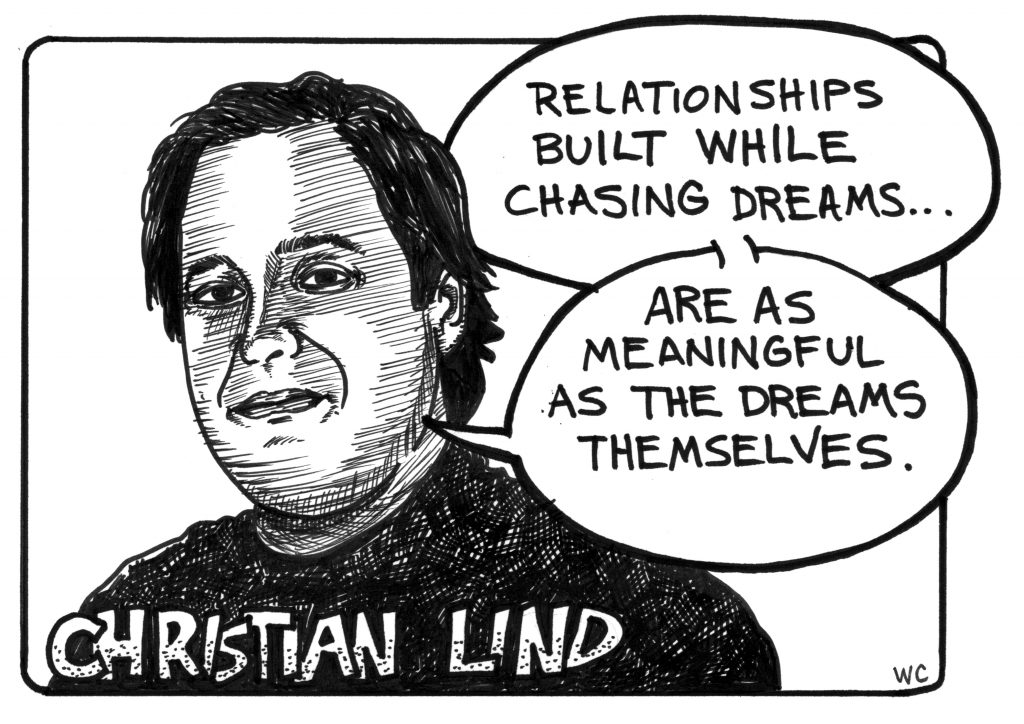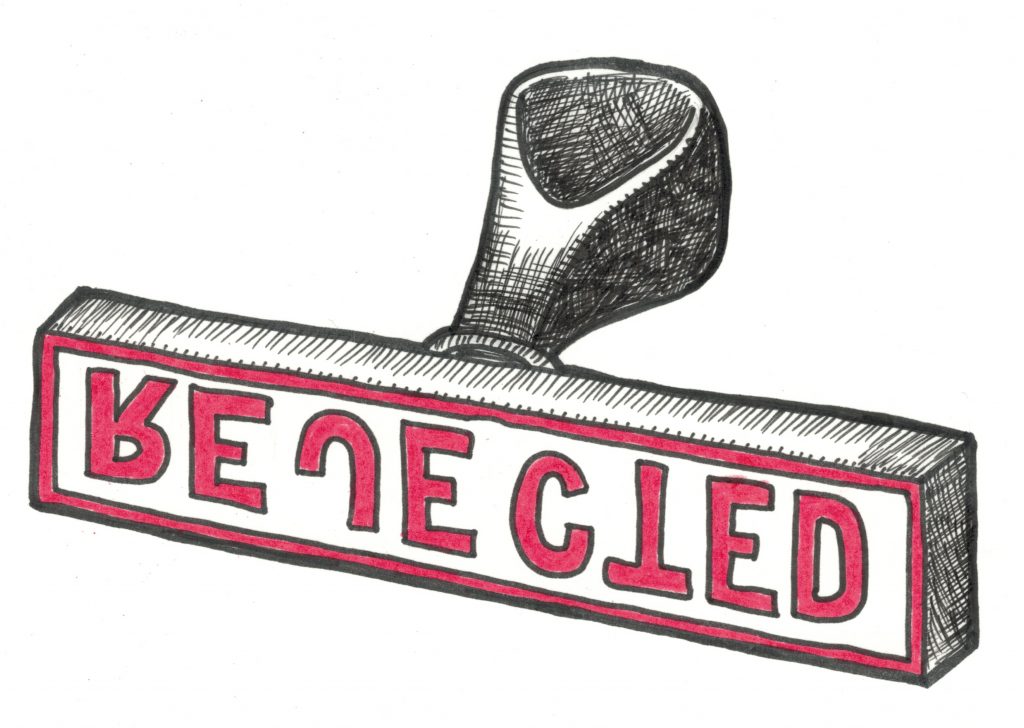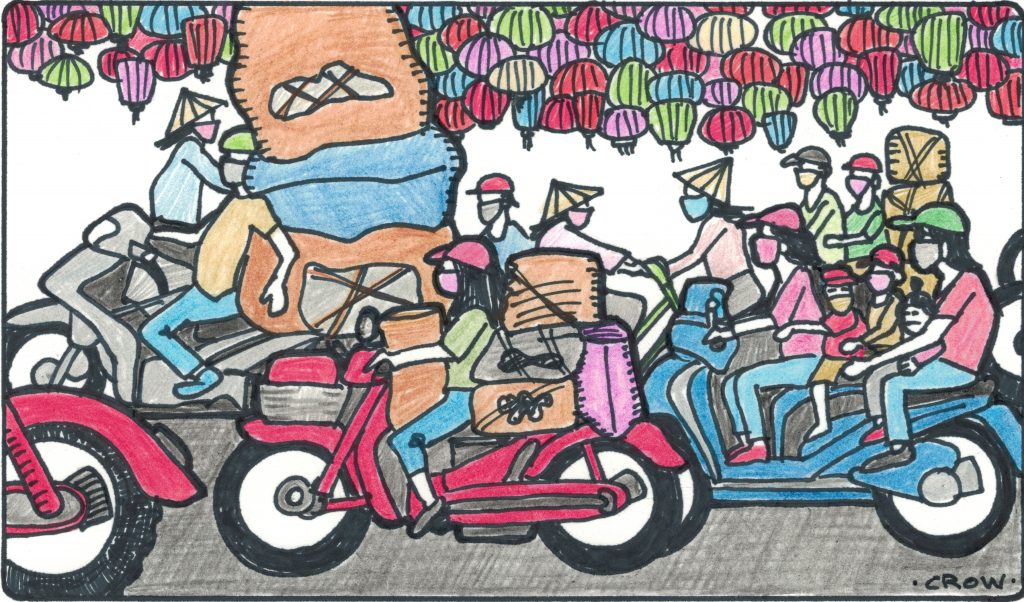Posted: November 30, 2017 at 9:48 pm

The outlook wasn’t brilliant in the publishing world this year,
Authors watched their dreams of glory slowly disappear;
And with every shuttered bookstore, and breaks they could not catch,
A pall-like silence fell upon every ink-stained wretch.
A straggling few got day jobs, in deep despair. The rest,
Clung to the hope which springs eternal in the human breast;
They thought, “If Rowling created magic with her café-writ debut,
We’ll bet our homes and marriages, that we can do it too.”
But Young Adult rules writing, unless it’s Shades of Grey,
And the former is too childish, while the latter’s quite risqué;
So upon that stricken multitude grim melancholy set,
For there seemed but little chance of winning: Publisher Roulette.
But Billy penned a memoir, to the wonderment of all,
Except his editor Colin, who was not the least enthralled;
And when the dust had lifted, and Bill wrote his seventh draft,
He realized three years wasn’t long for one to hone his craft.
From all three family members, there rose a lusty yell,
It rumbled through Lynn Valley, it rattled in the dell;
It pounded on Grouse Mountain, recoiled on West Van hovels,
For Billy, clever Billy, was ready to sell his novel.
There was ease in Billy’s manner as he wrote his book proposal,
There was calm in Billy’s bearing as it reached the waste disposal;
And when, responding to his agent, he wrote it thrice again,
No publisher could resist the pitch of Bill’s deftly wielded pen.
His Facebook friends applauded as Bill attempted the implausible,
Ten thousand blogs reminded him his dream was near impossible;
Then, when Reason said he’s doomed to fail, get off this ego trip,
Defiance flashed in Billy’s eye, a sneer curled Billy’s lip.
And now a major publisher called, a house without compare,
And Billy sat a-listening, in haughty grandeur there;
But the conversation dragged a bit….our author’s hopes were fallin’—
“Whaddya think?” asked Billy. “Not for me!” said Harper Collins.
From Bill’s kitchen, filled with loved-ones, there went up a muffled roar,
Like the beating of the storm-waves on a stern and distant shore;
“Kill him! Kill that publisher!” shouted Bill’s long-suffering wife,
And it’s likely she’d have killed him had not Billy saved his life.
With a smile of Christian charity our Billy’s visage shone,
He calmed his loving partner; he bade the game go on;
He signalled to his agent, and once more a query flew,
But M&S rejected it. His agent said, “Strike two!”
“Fraud!” cried Bill’s coffee shop pals, and echo answered “Fraud!”,
But one scornful look from Billy and the baristas were awed;
They saw his face grow stern and cold, they saw his temples quiver,
And they knew that Billy would make some publishing house deliver.
The sneer is gone from Billy’s lip, his teeth are clenched so tight,
He mails his last proposal to a house which should be right;
And now the author’s waiting, he trembles with his spouse,
And now the air is crackling with a call from Random House.
Oh, somewhere in this favoured land the sun is shining bright,
The band is playing somewhere, and somewhere hearts are light;
And somewhere men are laughing, and children play en masse,
But there is no joy in North Van—Random took a pass.
(With Apologies to Ernest Lawrence Thayer)
